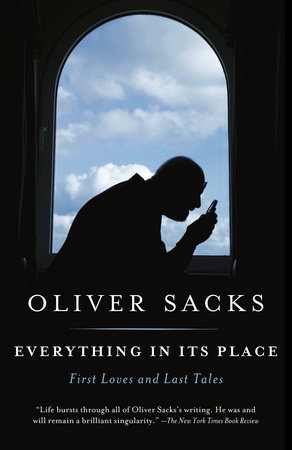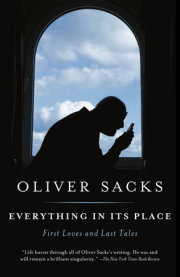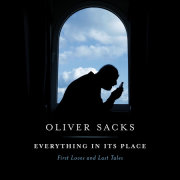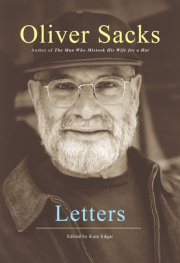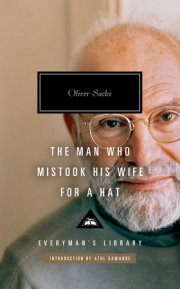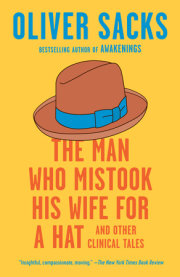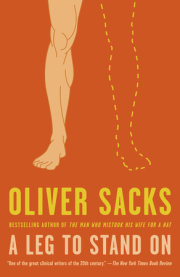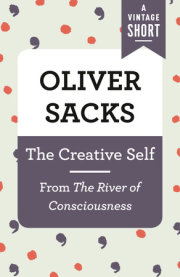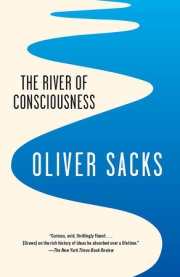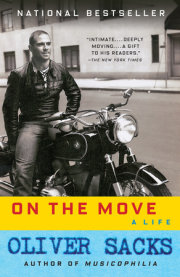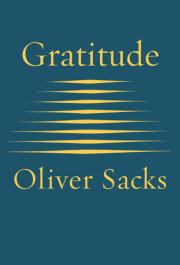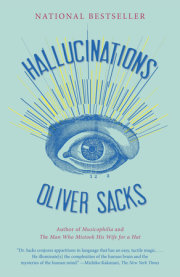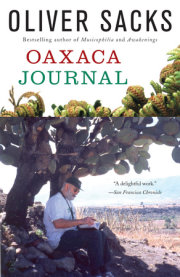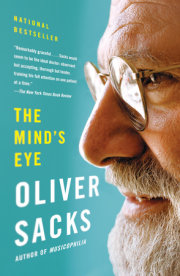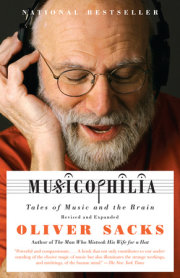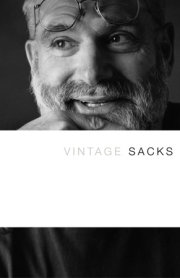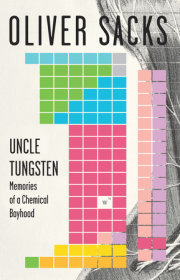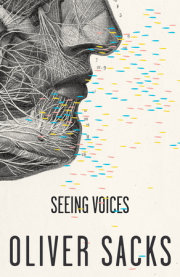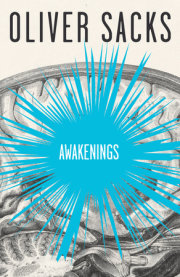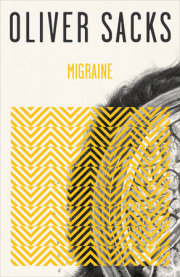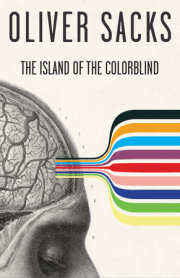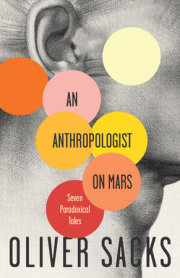Water BabiesWe were all water babies, my three brothers and I. Our father, who was a swimming champ (he won the fifteen-mile race off the Isle of Wight three years in succession) and loved swimming more than anything else, introduced each of us to the water when we were scarcely a week old. Swimming is instinctive at this age, so, for better or worse, we never “learned” to swim.
I was reminded of this when I visited the Caroline Islands, in Micronesia, where I saw even toddlers diving fearlessly into the lagoons and swimming, typically, with a sort of dog paddle. Everyone there swims, nobody is “unable” to swim, and the islanders’ swimming skills are superb. Magellan and other navigators reaching Micronesia in the sixteenth century were astounded at such skills and, seeing the islanders swim and dive, bounding from wave to wave, could not help comparing them to dolphins. The children, in particular, were so at home in the water that they appeared, in the words of one explorer, “more like fish than human beings.” (It was from the Pacific Islanders that, early in the twentieth century, we Westerners learned the crawl, the beautiful, powerful ocean stroke that they had perfected—so much better, so much more fitted to the human form than the froglike breaststroke chiefly used until that time.)
For myself, I have no memory of being taught to swim; I learned my strokes, I think, by swimming with my father—though the slow, measured, mile-eating stroke he had (he was a powerful man who weighed nearly eighteen stone) was not entirely suited to a little boy. But I could see how my old man, huge and cumbersome on land, became transformed—graceful, like a porpoise—in the water; and I, self-conscious, nervous, and also rather clumsy, found the same delicious transformation in myself, found a new being, a new mode of being, in the water. I have a vivid memory of a summer holiday at the seaside in England the month after my fifth birthday, when I ran into my parents’ room and tugged at the great whalelike bulk of my father. “Come on, Dad!” I said. “Let’s come for a swim.” He turned over slowly and opened one eye. “What do you mean, waking an old man of forty-three like this at six in the morning?” Now that my father is dead, and I am almost twice the age he was then, this memory of so long ago tugs at me, makes me equally want to laugh and cry.
Adolescence was a bad time. I developed a strange skin disease: “erythema annulare centrifugum,” said one expert; “erythema gyratum perstans,” said another—fine, rolling, orotund words, but neither of the experts could do anything, and I was covered in weeping sores. Looking, or at least feeling, like a leper, I dared not strip at a beach or pool, and could only occasionally, if I was lucky, find a remote lake or tarn.
At Oxford, my skin suddenly cleared, and the sense of relief was so intense that I wanted to swim nude, to feel the water streaming over every part of me without hindrance. Sometimes I would go swimming at Parson’s Pleasure, a bend of the Cherwell, a preserve since the 1680s or earlier for nude bathing, and peopled, one felt, by the ghosts of Swinburne and Clough. On summer afternoons, I would take a punt on the Cherwell, find a secluded place to moor it, and then swim lazily for the rest of the day. Sometimes at night I would go for long runs on the towpath by the Isis, past Iffley Lock, far beyond the confines of the city. And then I would dive in and swim in the river, till it and I seemed to flow together, become one.
Swimming became a dominant passion at Oxford, and after this there was no going back. When I came to New York, in the mid-1960s, I started to swim at Orchard Beach in the Bronx, and would sometimes make the circuit of City Island—a swim that took me several hours. This, indeed, is how I found the house I lived in for twenty years: I had stopped about halfway around to look at a charming gazebo by the water’s edge, got out and strolled up the street, saw a little red house for sale, was shown round it (still dripping) by the puzzled owners, walked along to the real estate agent and convinced her of my interest (she was not used to customers in swim trunks), reentered the water on the other side of the island, and swam back to Orchard Beach, having acquired a house in midswim.
I tended to swim outside—I was hardier then—from April through November, but would swim at the local Y in the winter. In 1976–77, I was named Top Distance Swimmer at the Mount Vernon Y, in Westchester: I swam five hundred lengths—six miles—in the contest and would have continued, but the judges said, “Enough! Please go home.” One might think that five hundred lengths would be monotonous, boring, but I have never found swimming monotonous or boring. Swimming gave me a sort of joy, a sense of well-being so extreme that it became at times a sort of ecstasy. There was a total engagement in the act of swimming, in each stroke, and at the same time the mind could float free, become spellbound, in a state like a trance. I never knew anything so powerfully, so healthily euphoriant—and I was addicted to it, am still addicted, fretful when I cannot swim.
Duns Scotus, in the thirteenth century, spoke of “condelectari sibi,” the will finding delight in its own exercise; and Mihaly Csikszentmihalyi, in our own time, speaks about “flow.” There is an essential rightness about swimming, as about all such flowing and, so to speak, musical activities. And then there is the wonder of buoyancy, of being suspended in this thick, transparent medium that supports and embraces us. One can move in water, play with it, in a way that has no analogue in the air. One can explore its dynamics, its flow, this way and that; one can move one’s hands like propellers or direct them like little rudders; one can become a little hydroplane or submarine, investigating the physics of flow with one’s own body.
And, beyond this, there is all the symbolism of swimming—its imaginative resonances, its mythic potentials.
My father called swimming “the elixir of life,” and certainly it seemed to be so for him: he swam daily, slowing down only slightly with time, until the grand age of ninety-four. I hope I can follow him, and swim till I die.
Copyright © 2019 by Oliver Sacks. All rights reserved. No part of this excerpt may be reproduced or reprinted without permission in writing from the publisher.

